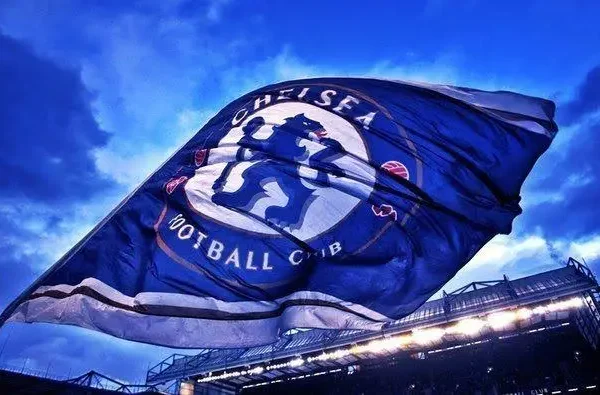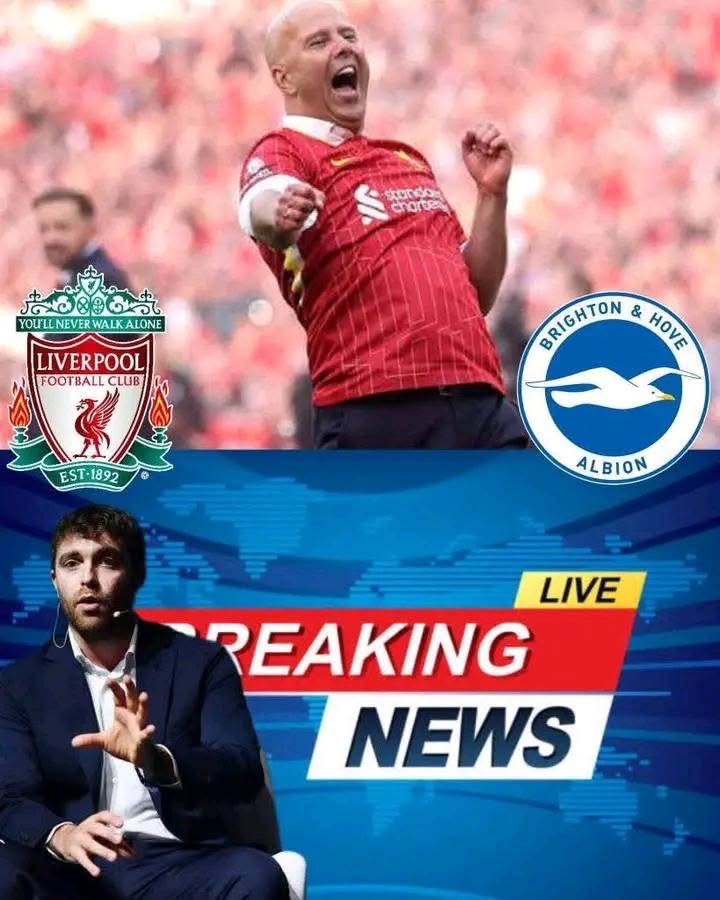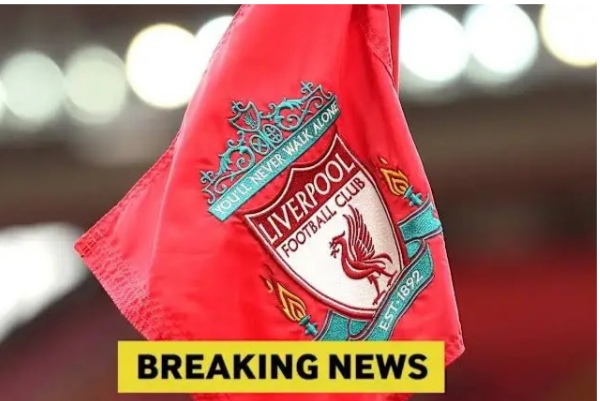When Chelsea fans filed into Old Trafford to watch their side face Manchester United, few could have predicted the bizarre managerial decision that would dominate headlines by the end of the night. Enzo Maresca, under growing scrutiny after a patchy start to the season, opted to bring on Tyrique George and Malo Gusto while leaving a £40 million summer signing rooted to the bench.
It was the kind of decision that, in isolation, might be chalked up to tactical preference. But in the context of Chelsea’s ongoing struggles and the heavy expectations surrounding their expensive recruits, it has become a lightning rod for criticism.
The Substitution That Sparked Outrage
The game itself was tense. United, revitalised under Rúben Amorim, pressed hard and forced Chelsea onto the back foot. When Maresca’s side desperately needed attacking spark in the second half, many expected him to unleash his big-money player — the very kind of footballer signed for nights like these.
Instead, to the astonishment of supporters and pundits alike, the Italian coach turned to academy talent Tyrique George and defender-turned-wing-back Malo Gusto.
The reaction was instant. Social media lit up with disbelief:
“£40m on the bench while we’re chasing a goal? You couldn’t make it up.”
“Maresca has completely lost the plot. Why bring on George and Gusto before our signing?”
For many, the decision summed up Chelsea’s current malaise — a club spending lavishly in the market yet failing to maximise their investments.
Who is the £40m Signing?
Though unnamed in the immediate debate, the identity of the snubbed player hardly matters. What matters is the symbolism. £40 million is not pocket change, even for Chelsea. Such fees come with expectation: immediate impact, game-changing performances, and a central role in big matches.
When a manager chooses academy graduates and defensive reinforcements over such a signing, the implication is damning. Either the coach doesn’t trust the player, or the transfer was ill-conceived from the start. Neither explanation sits well with Chelsea’s restless supporters.
Maresca’s Philosophy Under the Microscope
Enzo Maresca was brought in to instill a possession-heavy, tactical system similar to that of his mentor Pep Guardiola. At Leicester, his ideas bore fruit, guiding the club to Championship success. But the Premier League is a different beast, and Chelsea’s current form suggests his philosophy is struggling to translate.
- Overemphasis on Structure: Maresca has often prioritised shape over spontaneity, leaving creative players shackled.
- Confusing Squad Management: Regular rotation and puzzling substitutions have disrupted rhythm, leaving players unsure of their roles.
- Palmer’s Absence: The decision to bench Cole Palmer against United was already unpopular. Snubbing another big-name signing compounded the frustration.
For fans, the substitutions were not just tactical adjustments — they were emblematic of a coach seemingly out of touch with the urgency of the moment.
Tyrique George and Malo Gusto: Promise and Pressure
It must be said that Tyrique George and Malo Gusto are talented. George, a rising academy star, has shown flashes of potential. Gusto, meanwhile, is a capable right-back who provides energy and versatility.
But context is everything. This was Old Trafford, with Chelsea trailing and in desperate need of an equaliser. To thrust George into such a scenario while leaving an expensive, proven signing unused struck many as managerial negligence. For Gusto, the substitution only reinforced doubts about Maresca’s tactical clarity.
The Broader Problem: Chelsea’s Transfer Strategy
Maresca’s decision cannot be divorced from Chelsea’s chaotic transfer strategy. Since Todd Boehly’s ownership group took over, the club has spent well over £1 billion on new players, yet the squad remains unbalanced.
- Too Many Midfielders: Chelsea have stockpiled midfielders without clear roles.
- Lack of Cohesion: Expensive signings are often left unused or played out of position.
- Short-Term vs Long-Term: The strategy seems torn between building for the future and demanding instant results.
The snubbing of a £40m signing in favour of academy players is not just a reflection of Maresca’s choices but of Chelsea’s muddled recruitment. Why sign players at premium prices if they are not trusted in the biggest moments?
Fan Reaction: From Frustration to Fury
The fallout online was fierce. Chelsea fans expressed anger not only at the result but at the symbolism of the substitutions.
One supporter wrote:
“Maresca benches Palmer, ignores a £40m signing, and we wonder why we can’t score goals. This is madness.”
Another was more blunt:
“You don’t spend £40m on a player to warm the bench while academy kids get the nod. Sackable offence.”
The broader theme was a loss of faith. Maresca’s decisions, whether tactical or personal, are alienating the fan base at a time when unity is most needed.
Punditry and Media Response
Analysts were equally perplexed. Jamie Carragher, speaking on Sky Sports, questioned the rationale:
“If you’re a Chelsea player who’s just signed for £40m, and you’re watching Tyrique George come on ahead of you in a must-win game, you’ve got to be wondering what’s going on.”
Meanwhile, Gary Neville argued the decision reflected deeper issues:
“This isn’t just about substitutions. It’s about recruitment, philosophy, and whether the manager has full control. Chelsea look like a club at odds with itself.”
What This Means for Maresca
For Enzo Maresca, the scrutiny is intensifying. Managers live and die by their decisions, and snubbing a £40m signing is the kind of choice that lingers. Unless Chelsea turn results around quickly, this will be remembered as a pivotal moment in his tenure.
It also raises questions within the squad. Players talk, and when they see expensive signings left unused in favour of academy prospects, trust in the manager can erode. Dressing room dynamics are delicate, and Maresca risks losing authority if his decisions continue to confuse.
The Road Ahead
Chelsea’s next fixtures will be crucial. If Maresca doubles down on his philosophy and results fail to improve, the board may be forced into another managerial change. Stability was the promise, but performances suggest turbulence ahead.
For the £40m signing left unused, the path forward is equally uncertain. Will he regain the manager’s trust, or will he become yet another expensive misfit in Chelsea’s revolving-door project?
Conclusion: A Joke That Isn’t Funny
“Tyrique George and Malo Gusto ahead of a £40m signing” — it sounds like a joke, but for Chelsea fans, it’s anything but. It symbolises the disconnect between big spending and on-pitch performance, between philosophy and pragmatism, between a club’s ambitions and its reality.
Enzo Maresca may have had his reasons, but football is judged on results and perception. On both counts, his substitutions at Old Trafford have left him dangerously exposed.









